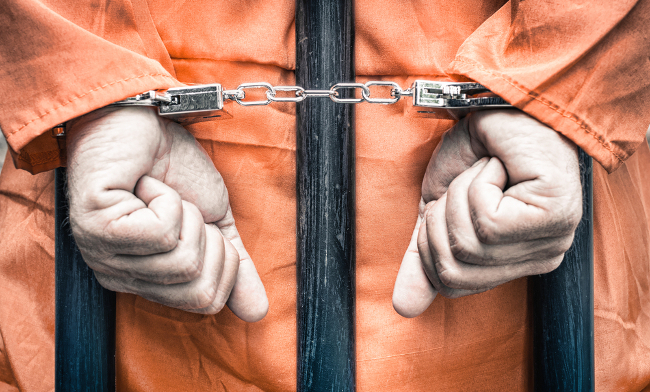
Americans went to the polls not just to vote on the next President of the United States, but also a host of state level ballot measures, from legalizing marijuana to the death penalty. And the death penalty was also overwhelming approved at the polls, surprising many observers.
There were three initiatives about the death penalty on the ballot in America. Nebraskans voted on Referendum 426, which would reject a law passed by the state legislature that would remove the death penalty and replace it with life without parole, passed in 2015. Nebraskans approved that with two thirds of the electorate restoring capital punishment. Unlike many movements, this was a personal crusade, as Republican governor Pete Ricketts spent hundreds of thousands out of his personal fortune campaigning for the measure, after his veto of the bill failed in the state legislature. Nebraska currently has ten people on death row, but has not executed anyone since 1997.
Oklahoma, meanwhile, passed State Question 776, which declared that the death penalty was neither cruel nor unusual, an interpretation open to question, put it in the state Constitution, and also allowed any form of execution unless it was prohibited by the US Constitution. Of note is that in Oklahoma, a jury must unanimously vote for the death penalty; if even one juror refuses, the death penalty is removed from consideration and no retrial is allowed. Oklahoma, despite performing more executions per capita than any other state, has not executed a person since January 2015.
Finally, Californians surprised many on Propositions 62 and 66. Proposition 62 would have repealed capital punishment in California, an issue the state has struggled with since the state Supreme Court found it against the state Constitution in 1972, only to be overruled by ballot initiative a few months later. Proposition 62 only gathered 46% of the vote. Proposition 66, however, won by a bare majority, just over 50% of the vote. That streamlines California’s death penalty appeals by creating dedicated courts to hear those appeals, appointing more lawyers to assist in appeals, and limiting the number of petitions that could be filed. While California has 746 offenders on death row, California has only ever performed thirteen executions, with the most recent Clarence Ray Allen in 2006.
What does this mean, going forward, for the death penalty? Outside of a handful of states, judicial systems have shown increasing reluctance to issue the death penalty, especially in light of high-profile cases such as Sonia Cacy, who spent decades on death row before being exonerated by a Texas court. Voters may have enthusiasm for it, but the legal system might, de facto, simply view it as better set aside.
